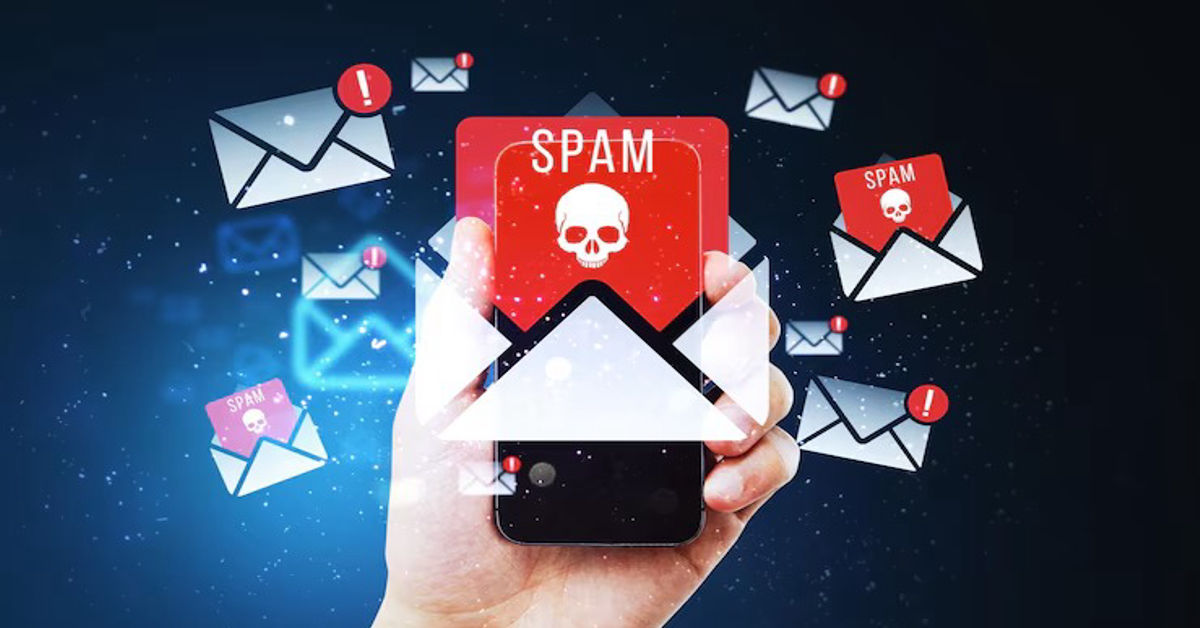In today’s digital age social media platforms like Snapchat offer exciting ways to connect with friends, share moments, and express creativity. However, the convenience and anonymity of these platforms also make them attractive to cybercriminals. One concerning issue that has emerged is blackmail through Snapchat, where individuals are manipulated into sharing sensitive information or content that is later used against them.
Understanding how these scams work and learning how to protect yourself is essential in preventing potential harm. This guide will explore how blackmail happens on Snapchat, the common tactics used by cybercriminals, and steps you can take to safeguard your privacy.
What is Blackmail on Snapchat?
Blackmail on Snapchat occurs when someone uses threats or manipulation to force another person into giving them something valuable—often money, sensitive information, or more compromising material. The platform’s disappearing message feature can give users a false sense of security, making it easier for scammers to trick victims.
Cybercriminals often pose as friendly or romantic interests, gaining a victim’s trust before coercing them into sending personal content. Once they have this content, they threaten to expose or share it unless their demands are met.
Common Types of Snapchat Blackmail
Sextortion
One of the most prevalent forms of blackmail on Snapchat is sextortion. In these cases, scammers lure victims into sending intimate photos or videos. Once they have compromising content, they demand payment or further explicit material to prevent the content from being released.
Victims often feel trapped, embarrassed, and unsure of how to respond, which can make it difficult to seek help.
Romance Scams
Some blackmailers develop fake romantic relationships with victims over time. They gain trust through prolonged conversations and emotional manipulation, eventually coercing victims into sharing personal or sensitive information. This data is then used for blackmail.
Impersonation Scams
Scammers sometimes impersonate someone the victim knows, using stolen profile pictures or similar usernames. By pretending to be a friend or family member, they manipulate the victim into providing information or money.
Malware and Phishing
Blackmailers may also use malicious links or fake login pages to steal account credentials. Once inside a victim’s account, they can access private chats, photos, and videos to use as leverage.
How Do Scammers Operate on Snapchat?
Creating Fake Profiles
Most blackmail schemes begin with the creation of a fake Snapchat account. Scammers often use attractive profile pictures and friendly language to lure victims into chatting.
Building Trust
They spend time developing a connection, engaging in personal conversations, and sometimes sending fabricated photos to make the relationship seem genuine.
Requesting Personal Content
Once a rapport is established, scammers subtly or directly request sensitive content, claiming it’s a sign of trust or part of the growing relationship.
Issuing Threats and Demands
After obtaining the desired content, the scammer reveals their true intentions. They may threaten to share the victim’s private content with their contacts unless they receive payment, more photos, or other demands.
Warning Signs of Snapchat Blackmail
Recognizing the signs of potential blackmail is crucial to avoiding falling victim to these scams. Watch out for the following red flags:
- New contacts requesting private information or photos
- Profiles with limited personal content but excessive friendliness
- Pressure to move conversations to other platforms
- Unsolicited links or requests to download files
- Threatening messages after sharing personal content
How to Protect Yourself from Blackmail on Snapchat
Keep Personal Information Private
Never share sensitive information, intimate photos, or videos with individuals you don’t fully trust. Even with close friends, exercise caution when sending personal content.
Verify New Contacts
If you receive a friend request from someone you don’t recognize, verify their identity before engaging in conversation. Avoid accepting random requests or engaging with suspicious profiles.
Enable Privacy Settings
Adjust your Snapchat settings to limit who can contact you, view your stories, or send snaps. By restricting access, you reduce the chances of scammers reaching you.
Be Wary of Unsolicited Requests
If someone you just met asks for personal content, it’s a significant red flag. Genuine friends or acquaintances will respect your boundaries and won’t pressure you into sharing sensitive material.
Use Two-Factor Authentication
Protect your account by enabling two-factor authentication. This extra layer of security makes it harder for scammers to gain unauthorized access.
Report and Block Suspicious Users
If you suspect someone is trying to scam or blackmail you, use Snapchat’s built-in tools to report and block the account. This prevents further communication and alerts the platform to potentially harmful behavior.
What to Do If You’re Being Blackmailed on Snapchat
Stay Calm and Don’t Panic
Receiving blackmail threats can be overwhelming, but staying calm is essential. Reacting impulsively may worsen the situation.
Don’t Give In to Demands
While it may seem tempting to pay the scammer or meet their demands, this rarely resolves the issue. Complying with blackmailers often leads to further exploitation.
Preserve Evidence
Take screenshots of conversations, save any threatening messages, and document any payments or demands. This information can be valuable for law enforcement or Snapchat’s support team.
Report to Snapchat and Authorities
Report the blackmail to Snapchat using their in-app reporting feature. Additionally, contact local law enforcement or cybercrime units for guidance on handling the situation.
Seek Support from Trusted Individuals
Reach out to friends, family members, or professionals who can provide emotional support. Talking to someone you trust can help you navigate the stress and anxiety caused by blackmail.
How Snapchat Addresses Blackmail Cases
Snapchat takes user safety seriously and has systems in place to handle reports of blackmail and harassment. By reporting suspicious activity, you help the platform investigate and take action against offenders.
The platform can:
- Suspend or ban accounts engaging in blackmail
- Review reported content to determine violations of community guidelines
- Provide information to law enforcement upon proper legal requests
Preventing Future Incidents
Staying informed and practicing safe online habits are the best ways to avoid falling victim to blackmail. By being cautious with your digital footprint, you can significantly reduce your risk.
- Regularly update your passwords to secure your accounts.
- Be cautious with what you share online, even in private messages.
- Educate friends and family about common scams to promote digital safety.
Legal Consequences for Blackmailers
Blackmail, including digital blackmail, is illegal in most countries. Perpetrators can face serious consequences, including fines and imprisonment. If you’re a victim, know that laws are in place to protect you, and taking legal action is an option.
Conclusion
Blackmail on Snapchat is a serious issue that affects people of all ages. Scammers exploit the platform’s casual nature to manipulate and threaten victims. However, with awareness, proper precautions, and prompt action, you can protect yourself from falling victim to these schemes.
If you ever find yourself targeted, remember not to panic, avoid complying with demands, and seek help from authorities and trusted individuals. Staying vigilant online is the key to enjoying platforms like Snapchat safely.
FAQs
What should I do if someone blackmails me on Snapchat?
Report the user on Snapchat, save evidence, and contact local authorities for assistance.
Can Snapchat trace blackmailers?
Snapchat can investigate reports and provide information to law enforcement when necessary.
Should I pay a blackmailer to stop them?
No, paying often encourages further demands and does not guarantee they will stop.
How can I prevent being blackmailed on Snapchat?
Keep your account private, avoid sharing sensitive content, and be cautious with new contacts.
What legal action can be taken against blackmailers?
Blackmail is a criminal offense, and perpetrators can face charges, fines, or imprisonment.
Is sextortion the most common form of Snapchat blackmail?
Yes, sextortion is a prevalent form of blackmail on Snapchat, but other scams like impersonation and phishing also occur.











